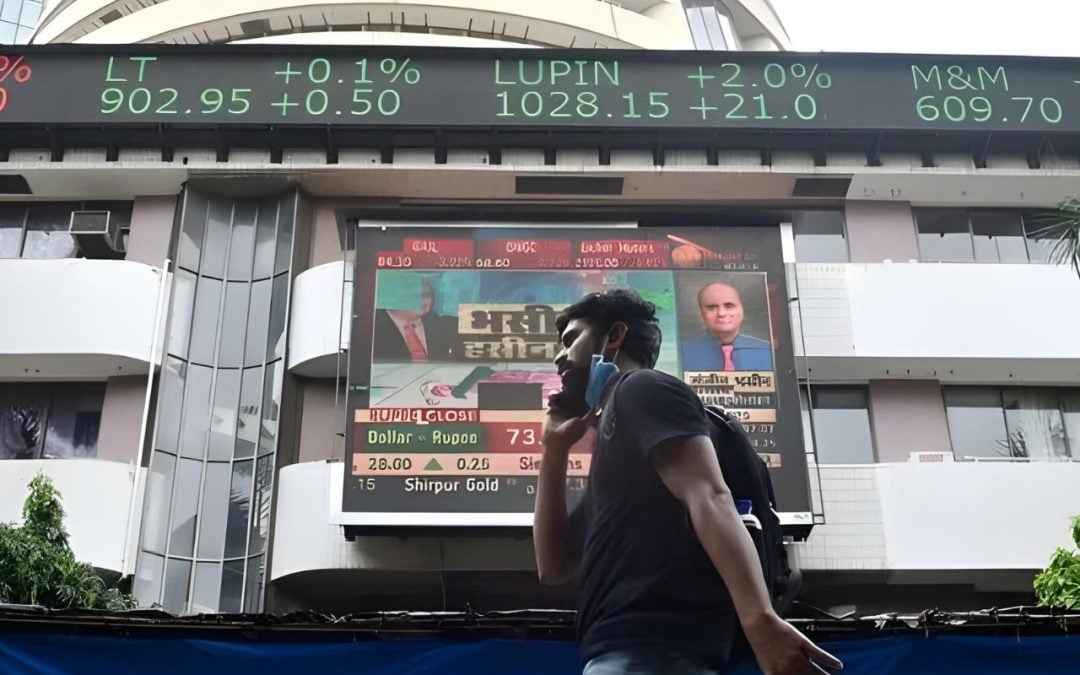Synopsis:
PSU Banking stocks are in focus as reports suggest that the Indian government is planning to raise foreign investment limits from the existing 20 percent limit to upto 49 percent, aiming to enhance liquidity and raise investor trust.
NIFTY PSU bank jumped as high as 1.56 percent or 116.4 points on Wednesday on positive news that commenced in the banking industry. In this article, we will dive much deeper into this report.
About the News
According to reports, the government is planning to increase foreign investment in public sector banks (PSUs) from the present 20 percent to upto 49 percent and still keeping the majority stake of over 51 percent. The officials are assessing the distribution and voting arrangements to see if any changes can be made without altering the way banks are managed and decisions taken.
Also read: 3 Auto ancillary stocks with zero debt to keep on your radar
PSU Banks FII Holdings
As of the latest filing available, India’s largest PSU bank, State Bank of India, has an FII holding of 9.98 percent, followed by Canara Bank with 11.38 percent, Bank of Baroda with 8.08 percent, Union Bank of India with 7.70 percent, and Punjab National Bank with 5.52 percent.
Increasing the foreign investment limit in PSU banks from 20 percent to upto 49 percent is likely to bring significant capital inflows, strengthening their balance sheets and improving liquidity for lending and growth. Increased foreign participation can also boost market confidence and valuations, while encouraging better governance and transparency.
Written by Satyajeet Mukherjee
Disclaimer

The views and investment tips expressed by investment experts/broking houses/rating agencies on tradebrains.in are their own, and not that of the website or its management. Investing in equities poses a risk of financial losses. Investors must therefore exercise due caution while investing or trading in stocks. Trade Brains Technologies Private Limited or the author are not liable for any losses caused as a result of the decision based on this article. Please consult your investment advisor before investing.


